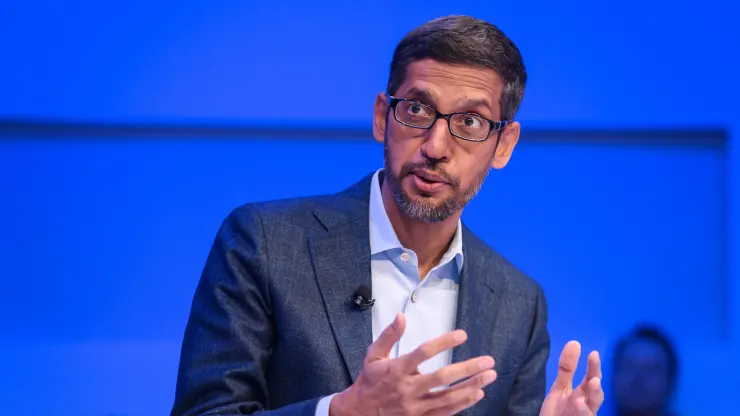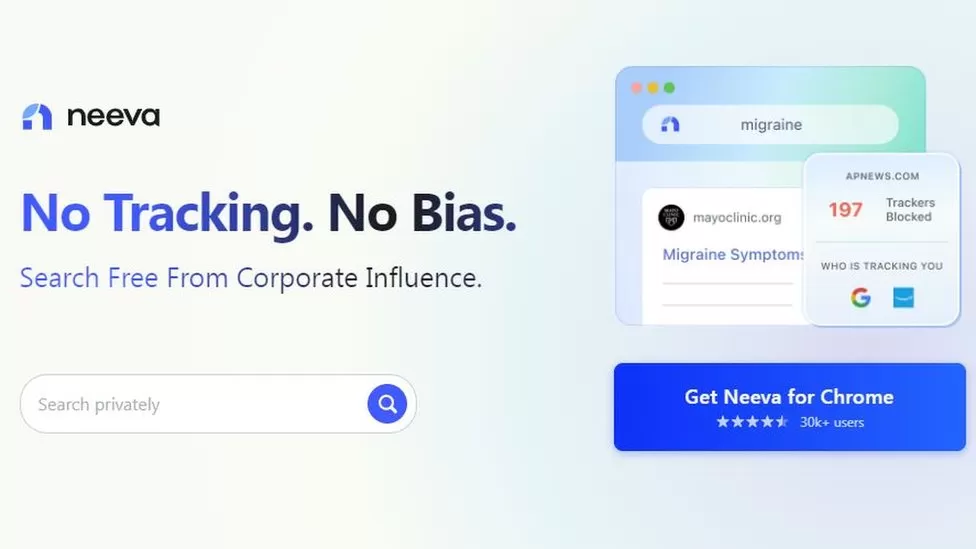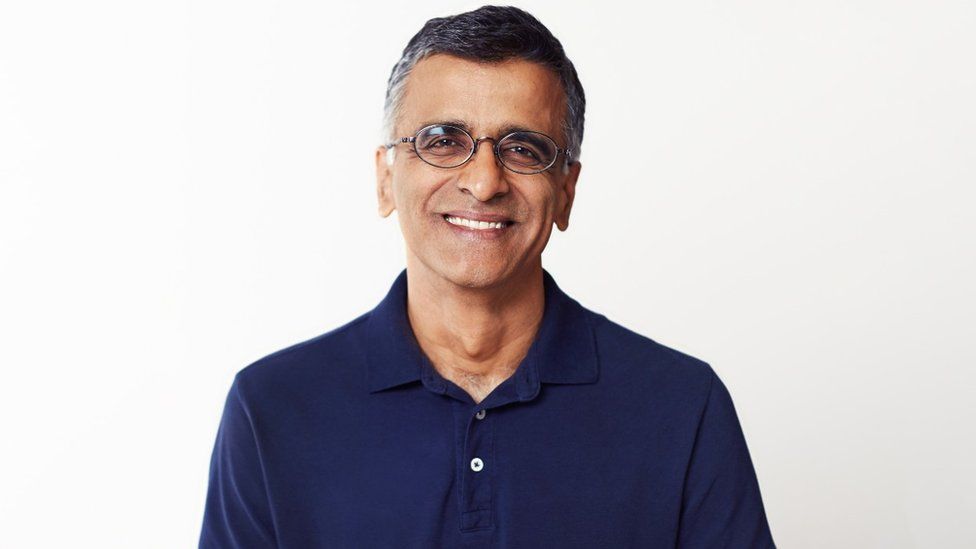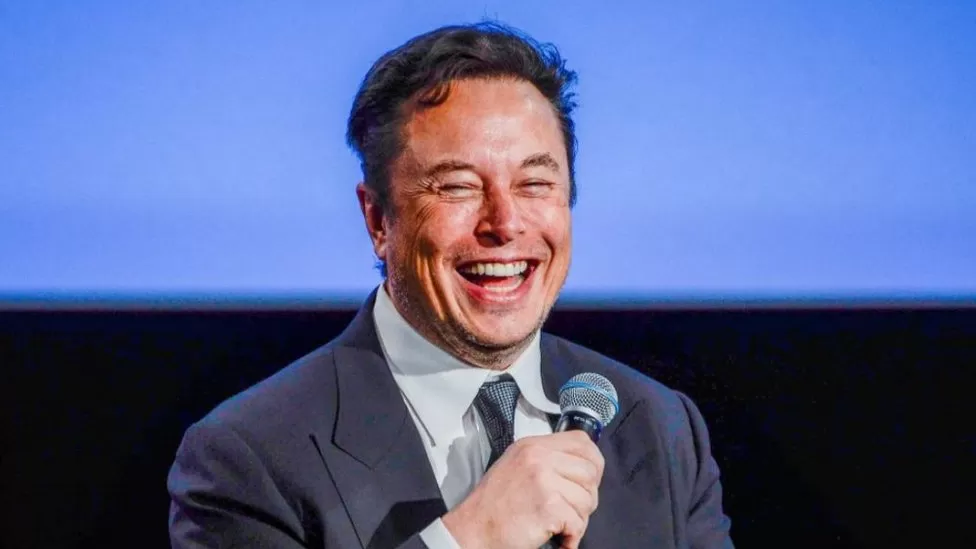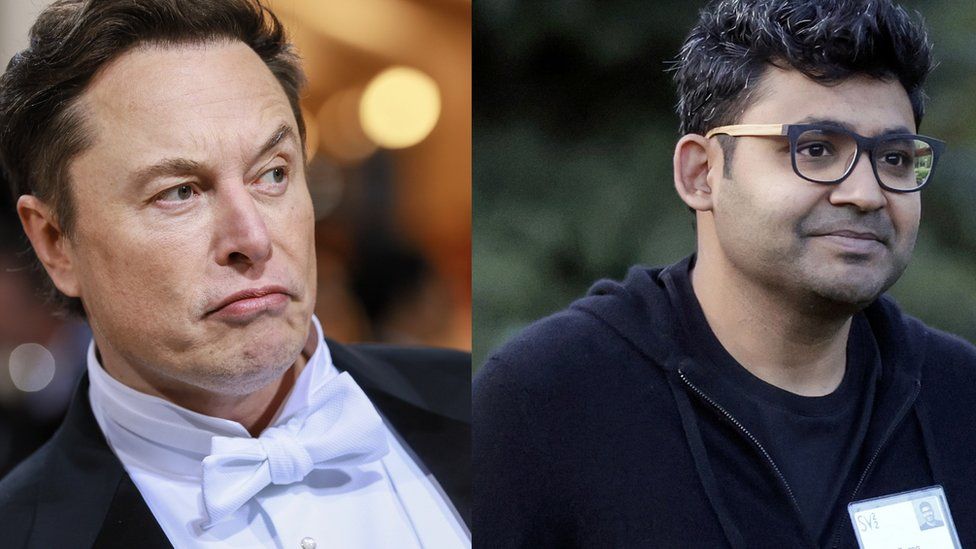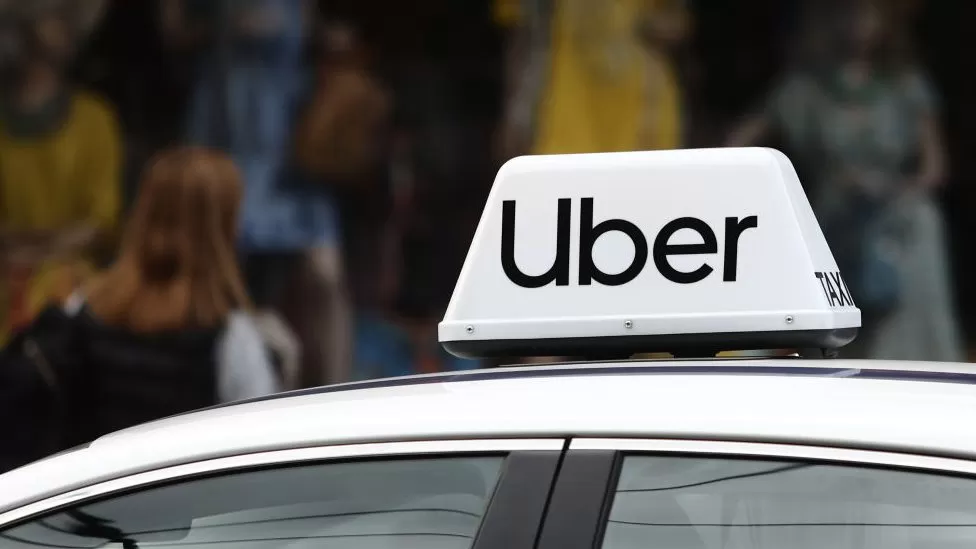One of the top-rated questions posed by employees at this week’s meeting asked Pichai to elaborate on his commentary regarding improved productivity and the 20% goal.
“I think you could be a 20-person team or a 100-person team, we are going to be constrained in our growth in a looking-ahead basis,” Pichai said. “Maybe you were planning on hiring six more people but maybe you are going to have to do with four and how are you going to make that happen? The answers are going to be different with different teams.”
Pichai said leadership is combing through more than 7,000 responses it’s received from employees regarding suggestions from the Simplicity Sprint effort.
“Sometimes we have a product launch process, which has probably, over many years, grown more complicated than maybe it needs to be,” Pichai said. “Can we look at that process and maybe remove two steps and that’ll be an example of making something 20% more efficient? I think all of us chipping in and doing that across all levels, I think can help the company. At our scale, there is no way we can solve that unless units of teams of all sizes do better.”
Pichai also briefly acknowledged the recent employee survey, in which employees criticized the company’s growing bureaucracy.
Another employee question concerned how the company will share its plans for potential job cuts, after news leaked about the Pixelbook pullback and the cuts at Area 120, which affected workers’ “ability to focus on work.”
Pichai responded by saying that telling the entire workforce of cuts is “not a scaleable way to do it,” but he said he will “try and notify the company of the more important updates.”
The all-hands, known as TGIF (Thank God It’s Friday) was in New York, where Pichai took questions in front of a live audience of employees.
“It’s an interesting choice for Sundar to be in New York for TGIF the week after travel for employees is cut to only the most business critical,” an employee wrote on Dory. “I’m sure Sundar has business-critical meetings in New York.”
Pichai responded: “I think so. I think it qualified.” Some in the audience erupted in laughter.
Pichai dodged employee questions asking about cost-cutting executive compensation. Pichai brought in total pay last year of $6.3 million, while other top executives made more than $28 million.
He did address the bigger theme of cost cuts, and indicated Google’s culture can still be enjoyable even if some things, like certain swag items, are getting taken away.
“I remember when Google was small and scrappy,” he said. “Fun didn’t always — we shouldn’t always equate fun with money. I think you can walk into a hard-working startup and people may be having fun and it shouldn’t always equate to money.”
Employees wanted to know why management is asking employees to adhere to the return-to-office policy “while also saying no need to travel/connect in-person.”
“I do understand some of the travel restrictions at a time like this and RTO and people wanting to see each other, definitely is not ideal,” Pichai responded. “If you haven’t seen your team in a while and it’ll help your work by getting together in person, I think you can do that. I think that’s why we are not saying no to travel, we are giving discretion to teams.”
Kristin Reinke, head of Google finance, said at the meeting that sales teams will have more leeway to travel since their jobs require meeting with customers.
“We know there’s a lot of value in being next to your team but we’re just asking simply to be thoughtful and limit your travel and expenses where you can,” Reinke said. For example, she asked that employees temper their expectations for holiday parties.
“Where you have summits and big meetings, please try to do them in the office,” she said. “We definitely want people to still have fun. We know there’s holiday parties coming up, there’s year-end celebrations, we still want people to do that. But we’re just asking them to keep them small, keep them informal — try not to go over the top.”
Towards the end of the meeting, Pichai addressed a question about why the company has shifted from “rapidly hiring and spending to equally aggressive cost saving.”
Pichai disagreed with the characterization.
“I’m a bit concerned that you think what we’ve done is what you would define as aggressive cost saving,” he said. “I think it’s important we don’t get disconnected. You need to take a long-term view through conditions like this.”
He added that the company is “still investing in long-term projects like quantum computing,” and said that at times of uncertainty, it’s important “to be smart, to be frugal, to be scrappy, to be more efficient.”
Bret Hill, Google’s vice president of “total rewards,” fielded a question about raises, equity and bonuses and how they will be affected by the changes. He said the company doesn’t plan to deviate from paying workers “at the top end of the market so we can be competitive.”
Pichai reiterated that sentiment.
“We’re committed to taking care of our employees,” he said. “I think we’re just working through a tough moment macroeconomically and I think it’s important we as a company align and work together.”
A Google spokesperson said, “Sundar has been speaking to the company consistently over the last few months about ways we can be more focused.” The spokesperson added Pichai reinforced that company “leaders are working to be responsible and efficient in all that their teams do” in a moment of uncertainty, and that they’re “ensuring that our people are working on the highest impact / highest priority work.”

 Fashion2 years ago
Fashion2 years ago
 Politics2 years ago
Politics2 years ago
 Politics2 years ago
Politics2 years ago
 Everything About Youtube2 years ago
Everything About Youtube2 years ago
 Fashion2 years ago
Fashion2 years ago
 Politics2 years ago
Politics2 years ago
 Tech2 years ago
Tech2 years ago
 Everything About Youtube2 years ago
Everything About Youtube2 years ago
